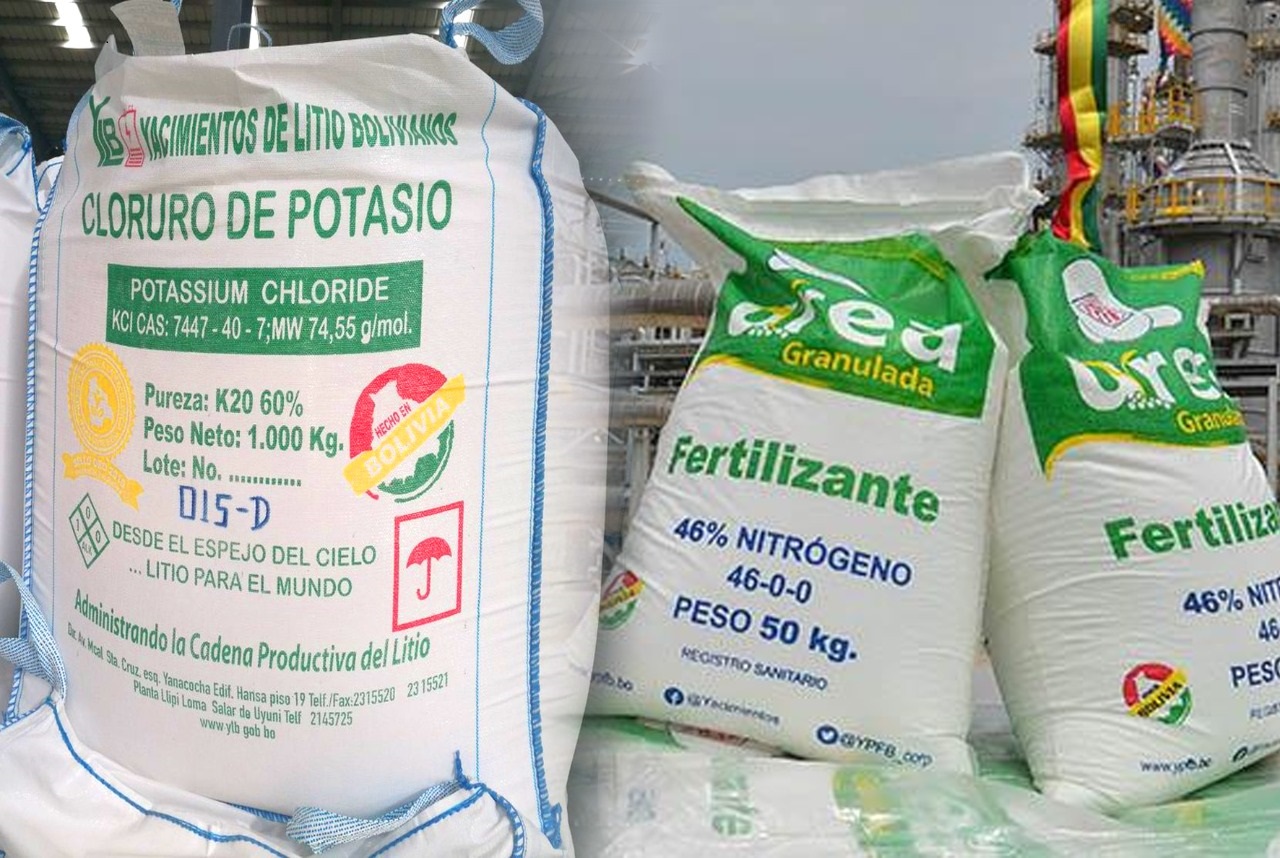RIO DE JANEIRO, BRAZIL – On April 27, Bolivia’s Government highlighted the importance of taking advantage of natural resources to diversify fertilizers to ensure food security in the country.
“The State has diversified the production of fertilizers, taking advantage of natural resources, to enhance the national agriculture and thus ensure the production of grains and food, which guarantees food security in the country,” said the Minister of Hydrocarbons and Energy, Franklin Molina Ortiz.
The intention is part of the objectives of the Economic and Social Development Plan (PDES) 2021 – 2025 and of the import substitution policy pursued by this South American nation.

The Minister stated that this strategy plans to reduce production costs and food costs that affect the family economy.
Government authorities are focused on avoiding foreign currency leakage and minimizing the dependence on other regions for domestic supply as a strategy to recover the country’s economy after the damages caused by the de facto Government.
As part of the plan, the national company Yacimientos de Litio Bolivianos (YLB) set up stores in Uyuni, Cochabamba, and Santa Cruz for purchasing and training producers in the use of potassium chloride.
“We have industrialized gas to produce urea; we have industrialized our evaporite resources to produce potassium chloride, two of the most used fertilizers globally, ” referred the Bolivian high official.
The State then focuses on increasing urea production from 2021 with the Ammonia and Urea Plant (PAU) reactivation to counteract the consequences of the improper management of resources by the de facto government in 2020.
“With our Ammonia and Urea (PAU) plants, our Potassium Chloride Plant, we have fertilizers to supply agriculture and guarantee agricultural production in 2022 and 2023,” expressed Minister Molina.
The usefulness of these fertilizers has accelerated agricultural production, so the construction of a second urea and NPK plant, multi-nutrient fertilizers with nitrogen (N), phosphorus (P), and potassium (K), among other nutrients, is planned.
These measures make it possible for Bolivian producers to buy fertilizers at a lower price than that established for the international market, while a good production of fertilizers will guarantee the quality of the products obtained in agricultural activity and will reduce the cost of feeding the people.

